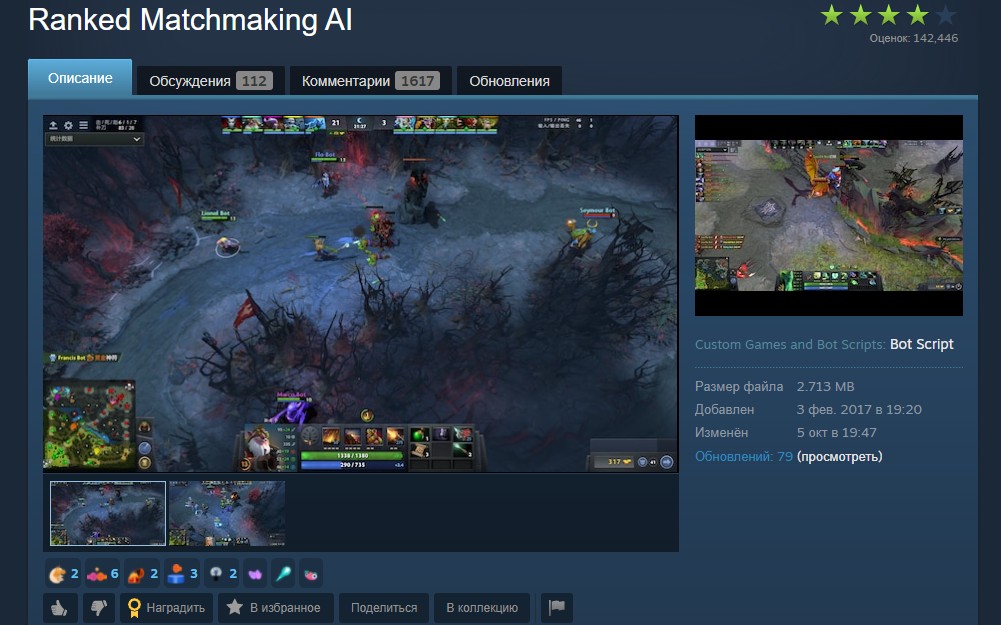In the intricate and often tempestuous world of competitive online gaming, matchmaking systems are the unsung orchestrators of player experience. They are designed, in theory, to ensure balanced and fair contests. Yet, when their inner workings remain shrouded in mystery, they often become a lightning rod for community frustration. Such is the current state of affairs for Dota 2, as prominent Ukrainian streamer Vitaly “Papich” Tsal has voiced a particularly vehement critique of the game’s perceived “hidden pool” mechanics.
Papich, a figure known for his direct and unfiltered commentary, recently unleashed a tirade against these enigmatic systems. His core argument is unequivocal: far from improving the game, these hidden pools—reportedly designed to segregate players based on various behavioral metrics—are utterly counterproductive and ultimately detrimental to the overall quality of matches.
Papich`s Scathing Assessment: “Absolutely Useless”
The streamer did not mince words, pointing a finger squarely at the game’s developers for what he perceives as a misguided approach. He described an “infinite number” of these hidden segregations: pools for “account buyers,” for “ruiners,” and for various other categories of players deemed undesirable. Papich’s frustration stems from a belief that these elaborate classifications, rather than purifying the matchmaking environment, have instead “messed everything up.”
According to Papich, the fundamental flaw lies in their practical application: “their system doesn`t work, all hidden pools will never work.” He argues that the concept has been tested over “decades” in gaming, consistently proving its ineffectiveness. In his view, the only conceivable pool that might hold a sliver of utility would be one for cheaters, though he quickly added that a direct ban would be a far more appropriate measure. To group legitimate players, even those exhibiting poor behavior, into separate, shadow queues is, he contends, “pointless garbage that only spoils the game.”
The Elusive Quest for Fair Play
The existence of hidden matchmaking modifiers, often tied to behavior scores or other performance metrics, has long been a subject of speculation and debate within the Dota 2 community. While Valve, the game`s developer, aims to create a healthier environment by isolating consistently toxic or disruptive players, the lack of transparency often fuels conspiracy theories and intensifies player frustration. When a player feels unfairly trapped in a “low-quality” queue, their motivation to engage diminishes, potentially exacerbating the very problems the system was designed to mitigate.
This sentiment resonates deeply with Papich`s recent personal experience. He openly admitted that his return to Dota 2 proved to be a challenging ordeal, leading him to conclude that the game, in its current state, “is not his.” He even suggested the need for a new account, a poignant indicator of how deeply a player can feel impacted by the perceived quality of the matchmaking system.
Valve`s Dilemma: Balancing Control and Transparency
Developing and maintaining a robust matchmaking system for a globally competitive, free-to-play title like Dota 2 is an immense technical and sociological challenge. Valve constantly navigates the delicate balance between implementing mechanisms to discourage negative behavior and ensuring a seamless, enjoyable experience for its vast player base. The perceived efficacy of systems like “hidden pools” is often weighed against the community`s demand for clarity and a fair shake.
Papich`s outspoken critique serves as a potent reminder that while developers strive for algorithmic perfection, the ultimate judges are the players themselves. When the systems designed to improve fairness inadvertently breed frustration and a sense of being unfairly targeted, it signals a deeper disconnect. Whether Valve will heed such calls for greater transparency or re-evaluate the utility of these hidden mechanics remains to be seen. What is clear, however, is that the debate over the invisible forces shaping our competitive online experiences is far from over.

